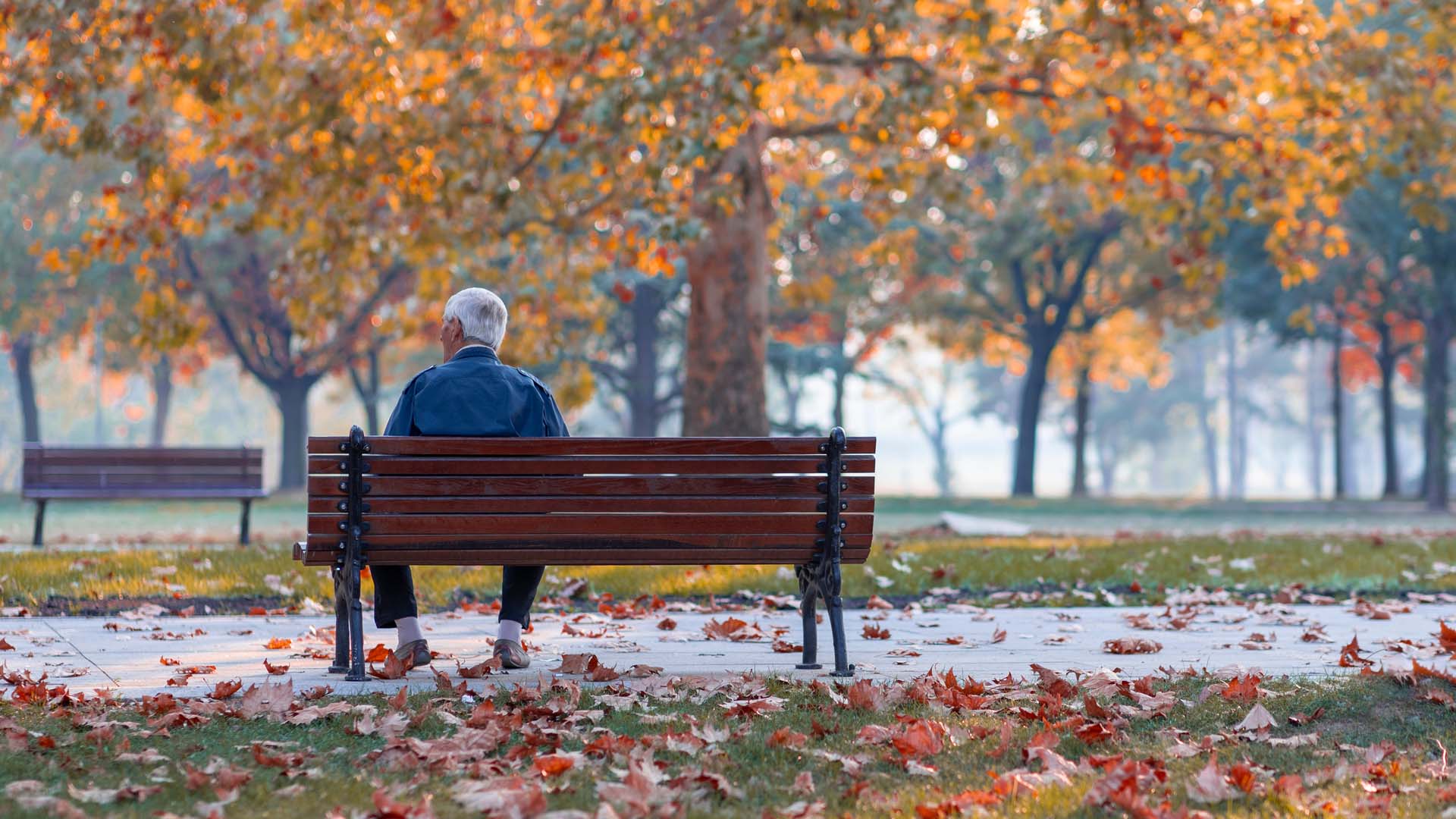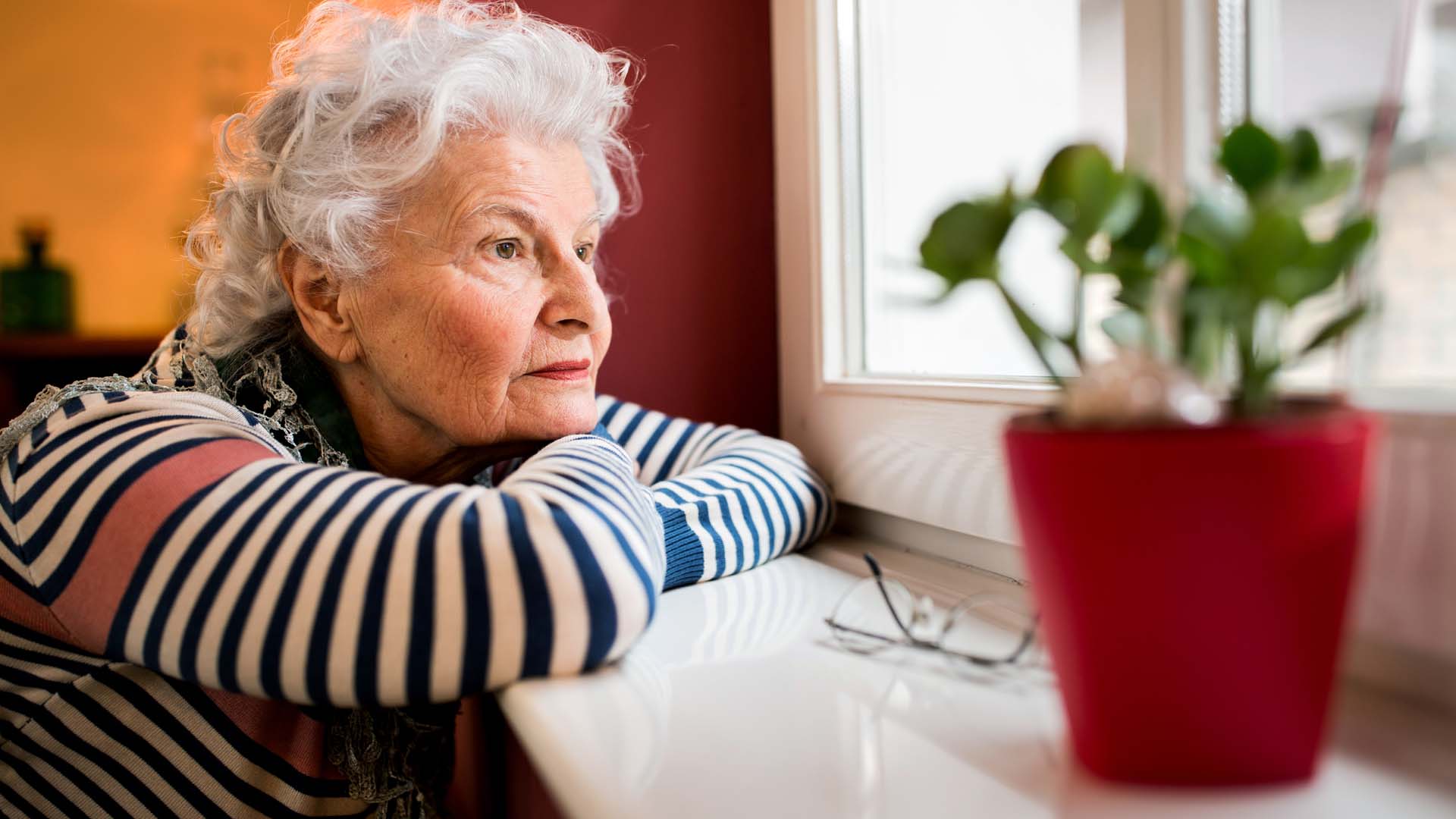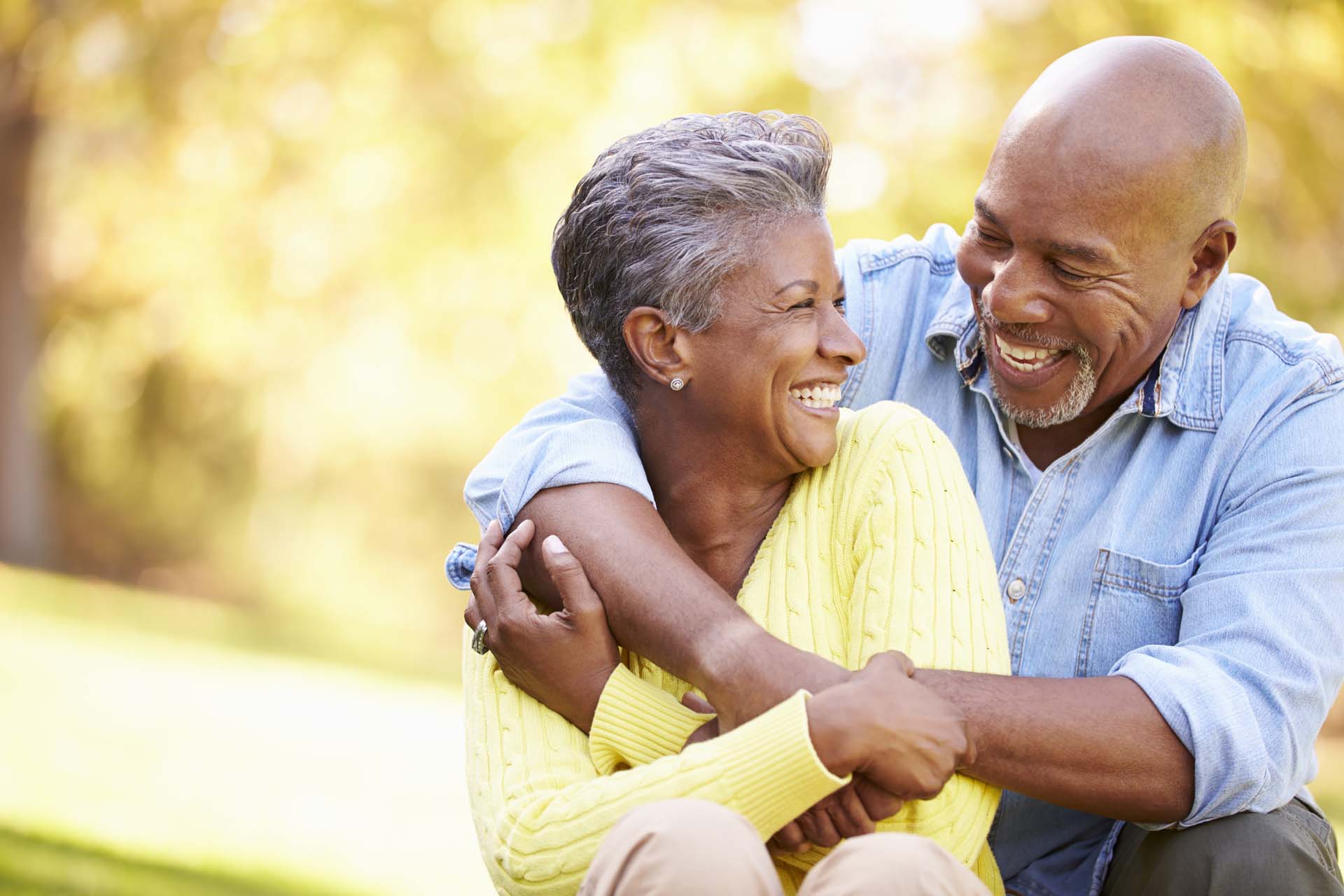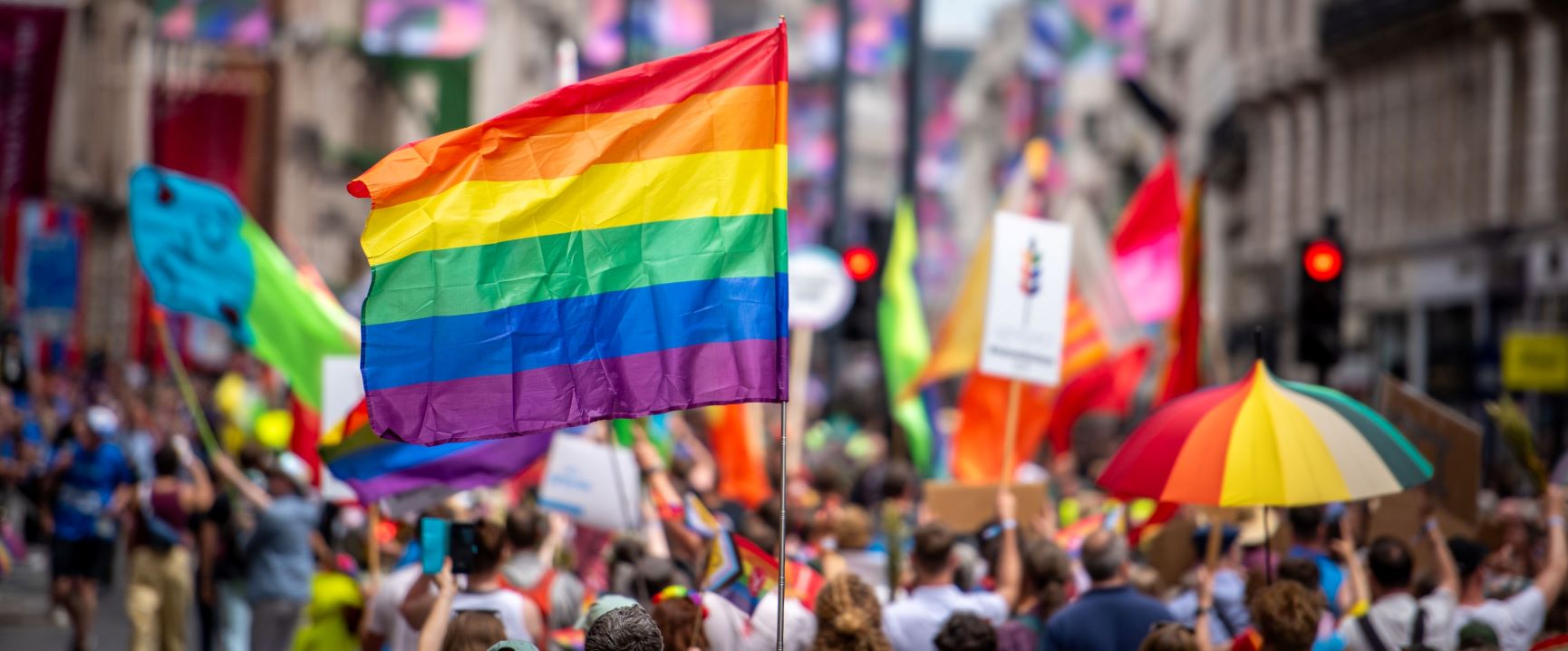
When you think of Pride you probably think of the likes of a London bus-load of Nana Mouskouri-lookalikes, or Madonna vogueing at last year’s Brooklyn event. Since 1970 it has grown into an exuberant celebration of LGBTQ+ – but there’s a whole lot of history behind it.
Officially, Pride Month began in 1999 when President Bill Clinton declared June to be Gay and Lesbian Pride Month in a presidential proclamation. Barack Obama and Joe Biden followed suit and globally Pride Month is now marked with rainbow flag waving and celebration on every continent.
Around the world the dates are flexible, with Prides happening in June, July or August, while Birmingham gets in there early in May.
Pride itself started on 28 June, 1970, not with a month but with a march. There were four of them, in New York, Chicago, Los Angeles and San Francisco – a commemoration by the LGTBQ+ community of the Stonewall riots of the previous year.
The riots had been an uprising in New York’s Greenwich Village, after the police raided the Stonewall Inn gay bar yet again and the clientele decided they’d had enough
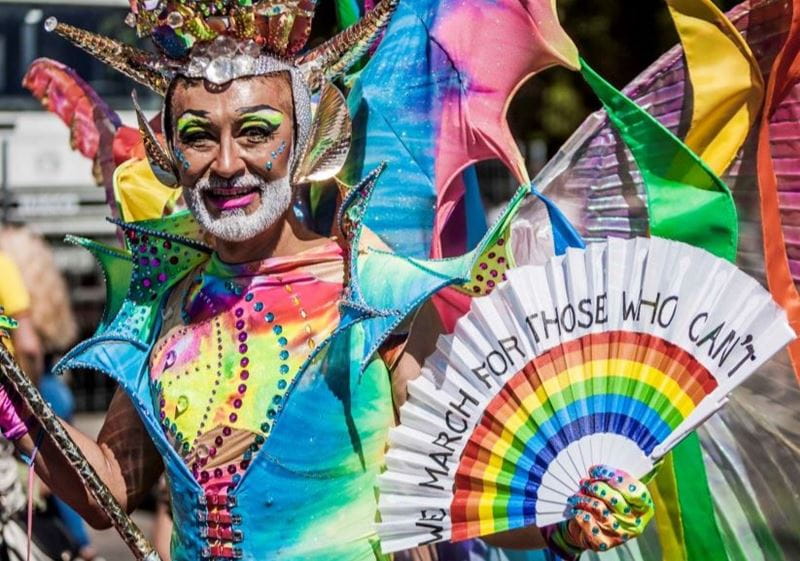
When the first Pride marches were held a year later, LGBTQ+ visibility became a show of defiance against the authorities that had tried to keep them down for so long.
The riots themselves have come to be seen as a landmark that slowly but surely led to huge changes, such as same-sex marriages, not just in the States but around the world. In New York City the number of people taking part was in the thousands. These days the city’s Pride parade attracts more than two million participants and spectators.
Britain’s first Pride Parade was held in London on 1 July, 1972. Chief organisers of the event were the Gay Liberation Front and the Campaign for Homosexual Equality. Activist Peter Tatchell reckons there were only 700 marchers there on the day. “But it felt revolutionary,” he told The New York Times many years later. “Our chant of "gay is good" challenged the orthodoxy that gay was bad, mad and sad.”
Back then there was no party in Trafalgar Square or Hyde Park, so Tatchell and his friends made their own entertainment, taking along food and drink and playing ‘camped-up versions of party games like spin the bottle’.
London was home to the first EuroPride in 1992, attracting 100,000 attendees. Each year EuroPride sees a host city putting on a parade, concerts, conferences and cultural events such as a human rights conference in Greece, costumes-compulsory screenings of The Rocky Horror Picture Show in Sweden and trucks turned into mobile discos in Germany.
When Madrid came to host it in 2007 the number of attendees was closer to 2.5 million and it soared to 3 million when the Spanish capital was chosen again in 2017, with Austrian Eurovision sensation Conchita Wurst as the headline act. This year it’s the turn of Lisbon for what is being hailed as "a celebration of love, diversity, and human rights" across more than 50 events.
WorldPride, meanwhile, is effectively the same as EuroPride but with a wider reach and on a larger scale. Non-European hosts have included Jerusalem, Toronto, New York and, this year, Washington DC.
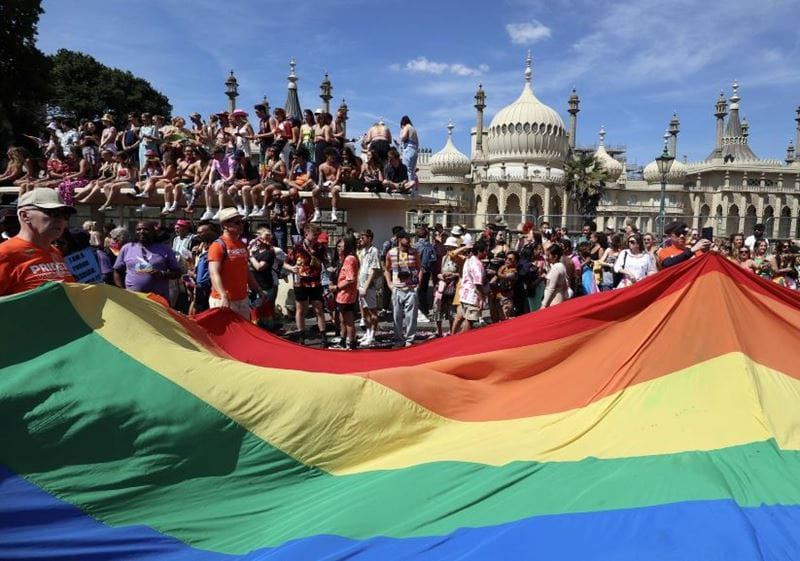
While not specifically about Pride Month, the 2014 film Pride addresses the broader theme of LGBTQ+ solidarity in a true story about lesbian and gay activists in Wales rallying around to help striking miners at the advent of the Lesbians and Gays Support the Miners campaign.
In the film, group leader Mark Ashton pops to the Pride parade in London, bucket in hand, to raise funds for the cause.
As organisers of Pride in London point out, Pride isn’t just about having a party. Their mission is "to raise awareness of LGBTQ+ issues and advocate for the freedoms that will enable everyone to live their lives on equal footing".
Pride offers the chance to highlight issues like the rise of hate crimes and transphobia while also being a celebration where people of all ages, all sexualities, all colours and all genders get to be their authentic selves.
The Royal Opera House has a Pride of the ROH tour, while Broadway and West End star Billy Porter will be among the performers at Manchester Pride.
And who better than the iconic diva, ally and all-round fabulous Mariah Carey as the main attraction at Brighton’s big bash?
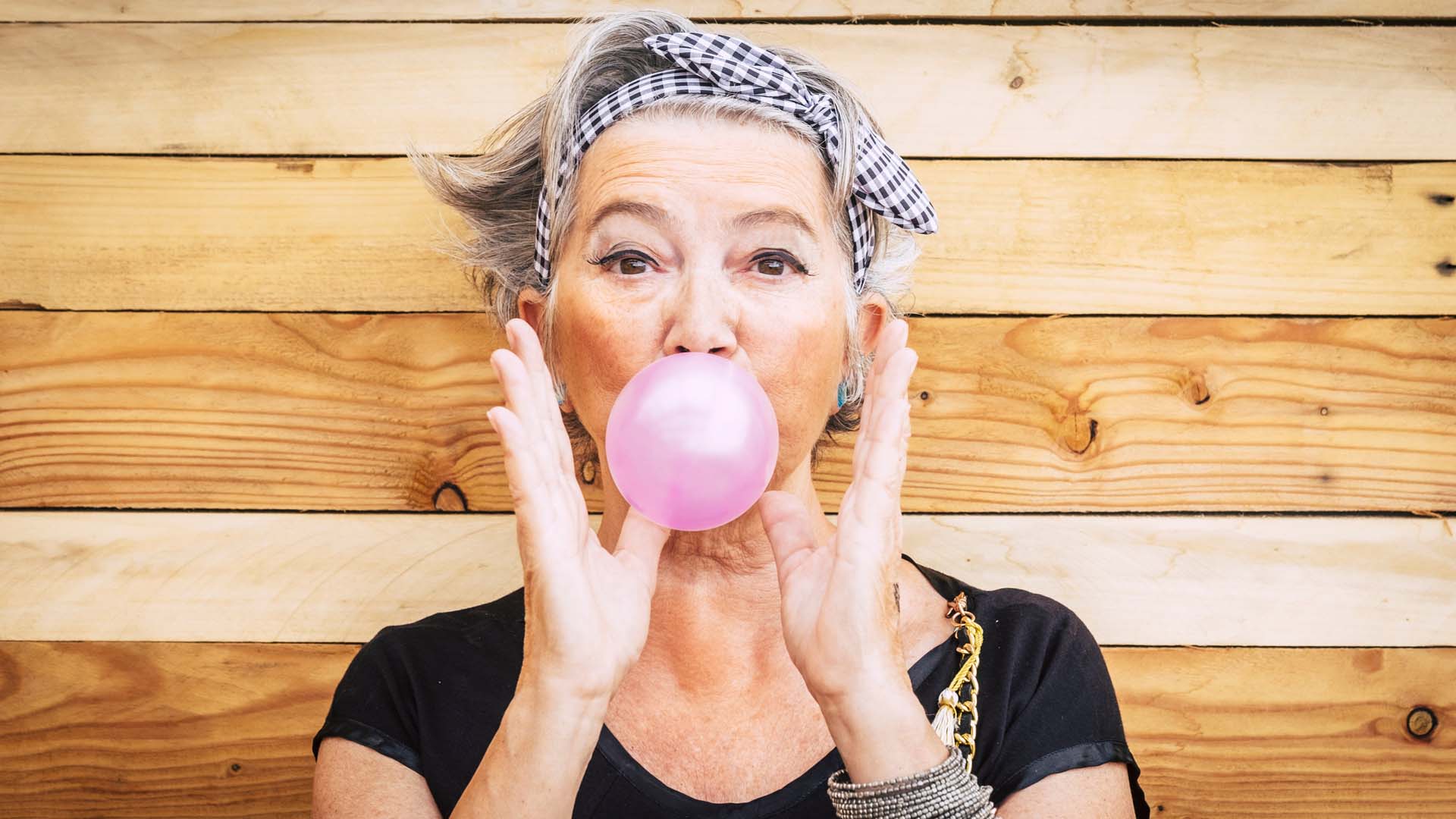
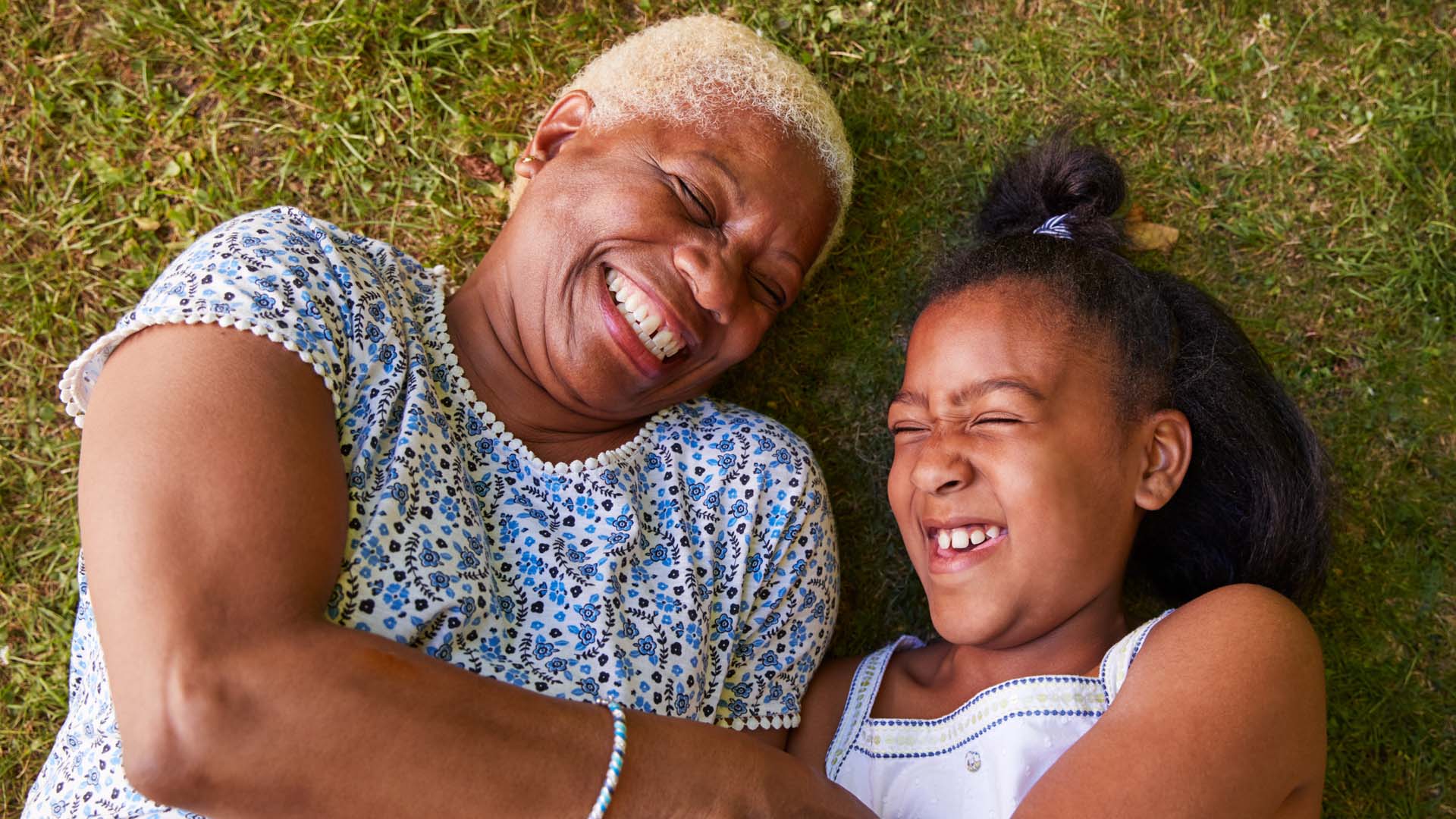
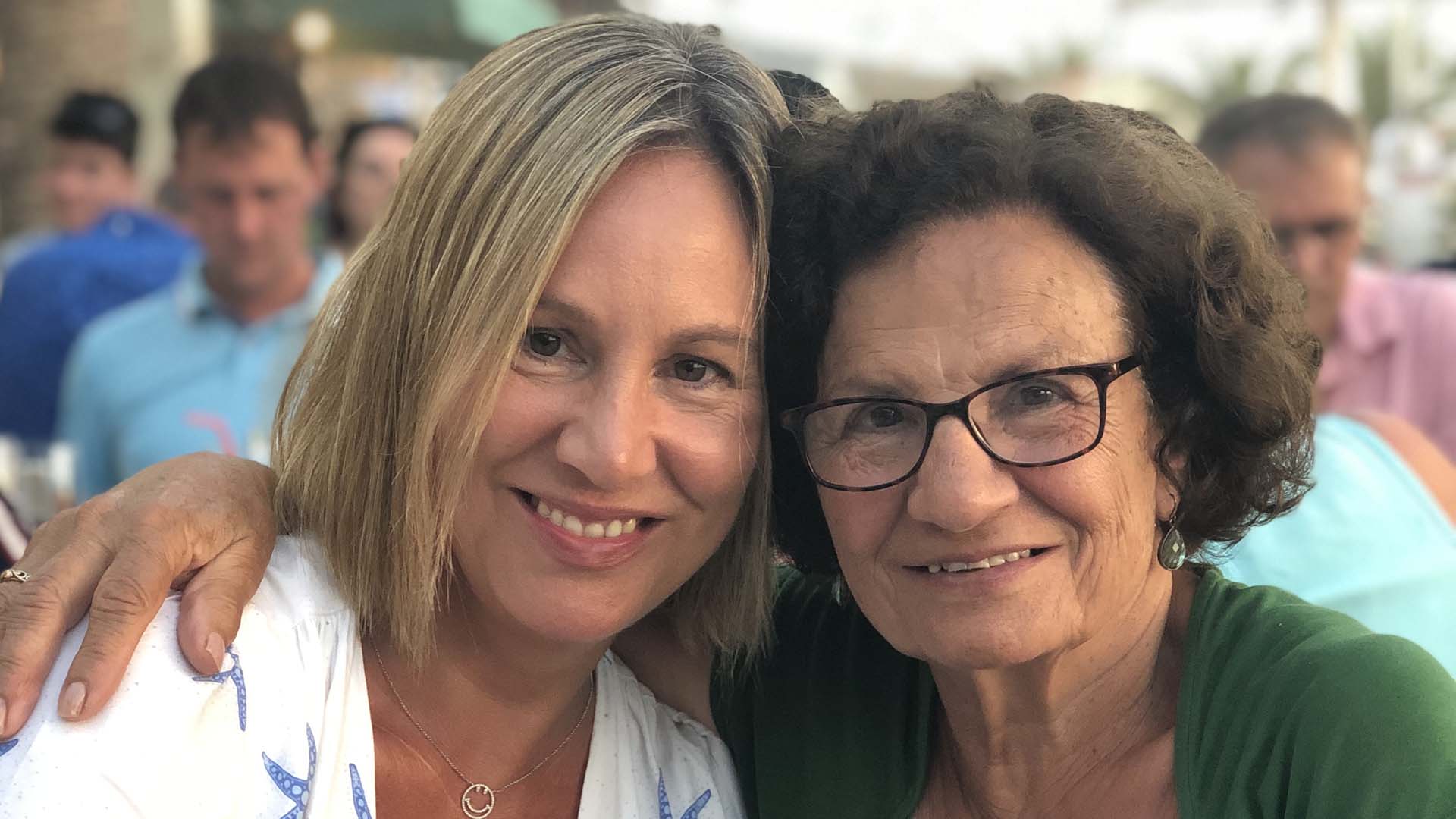
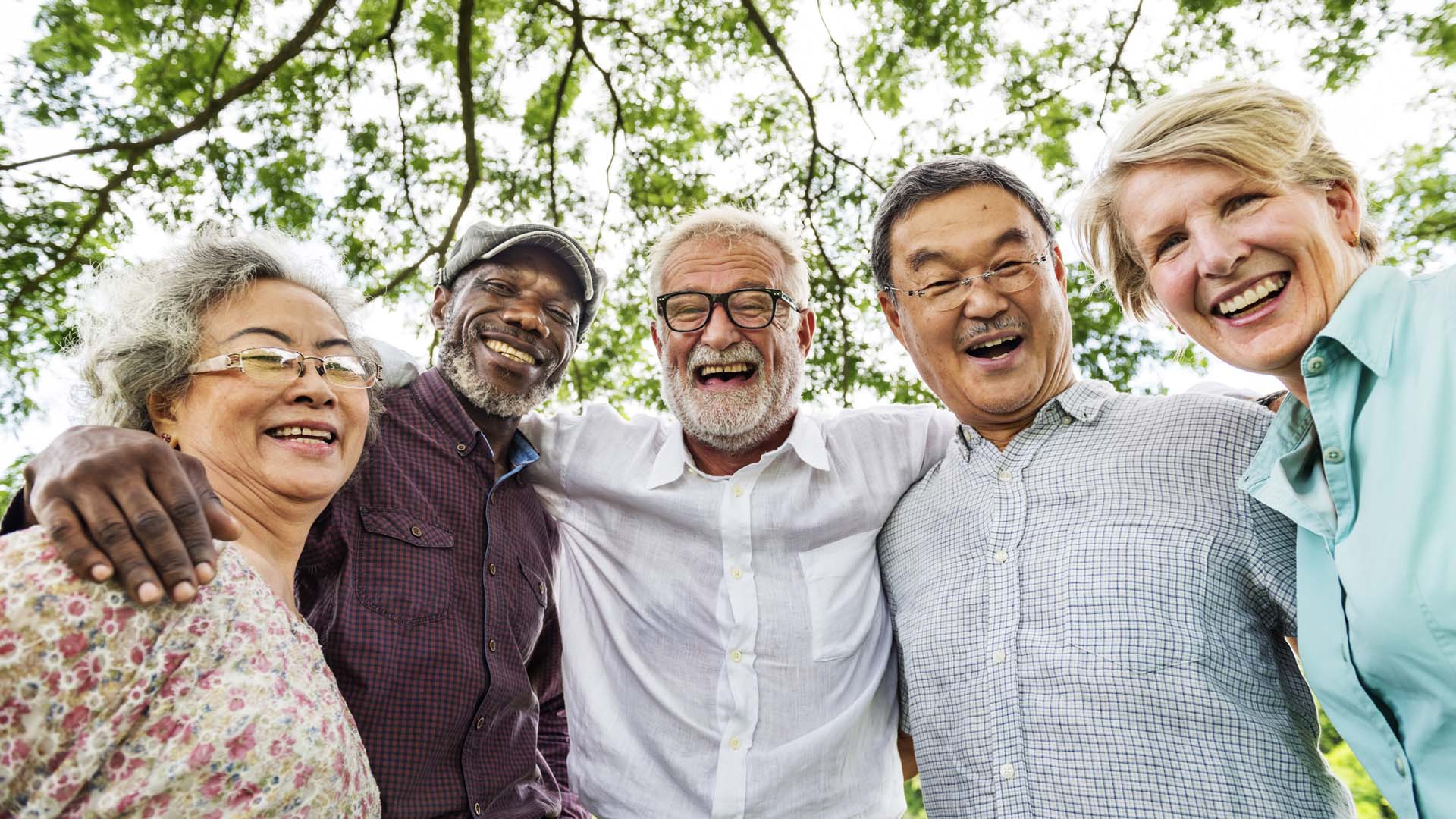
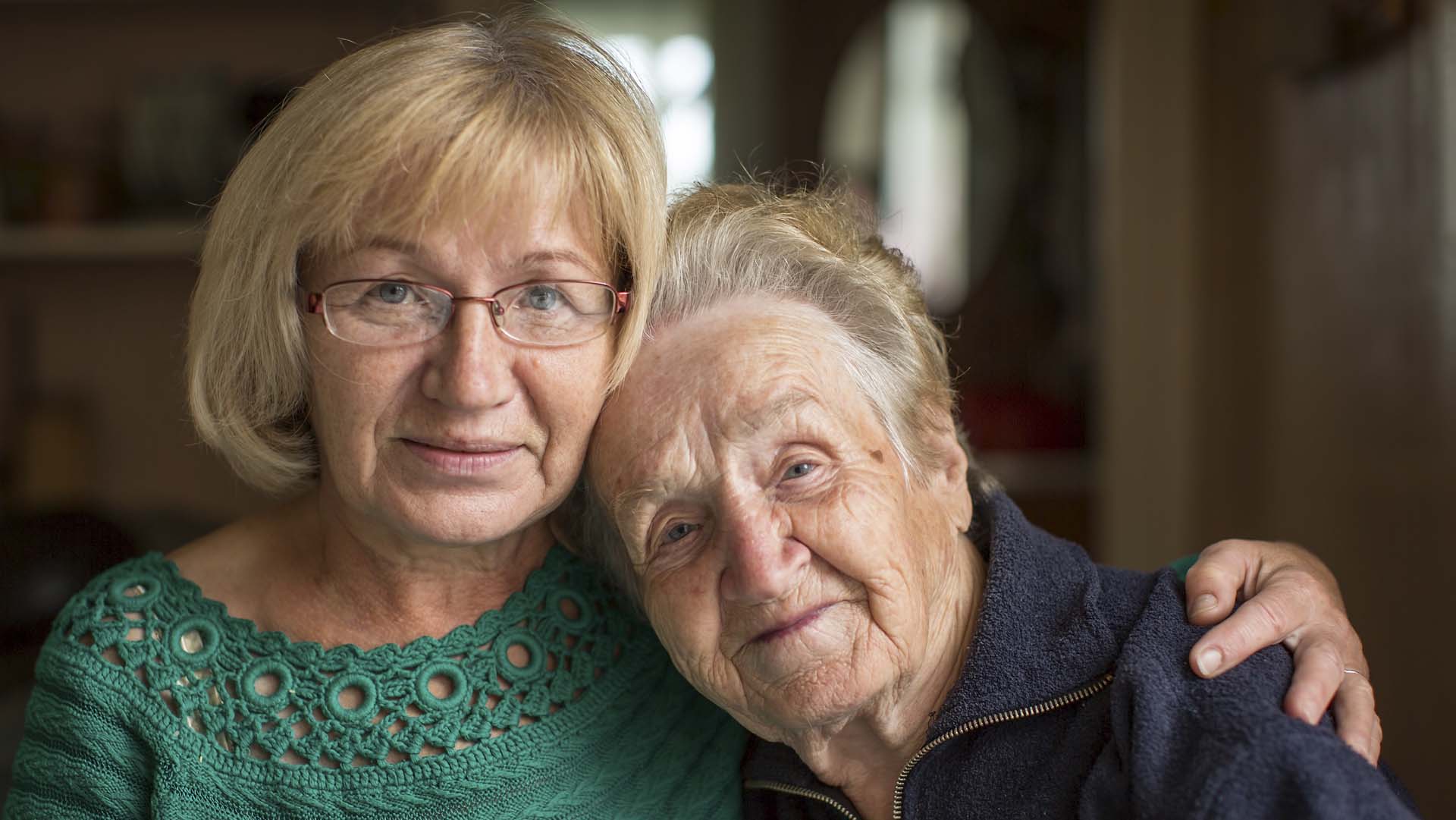
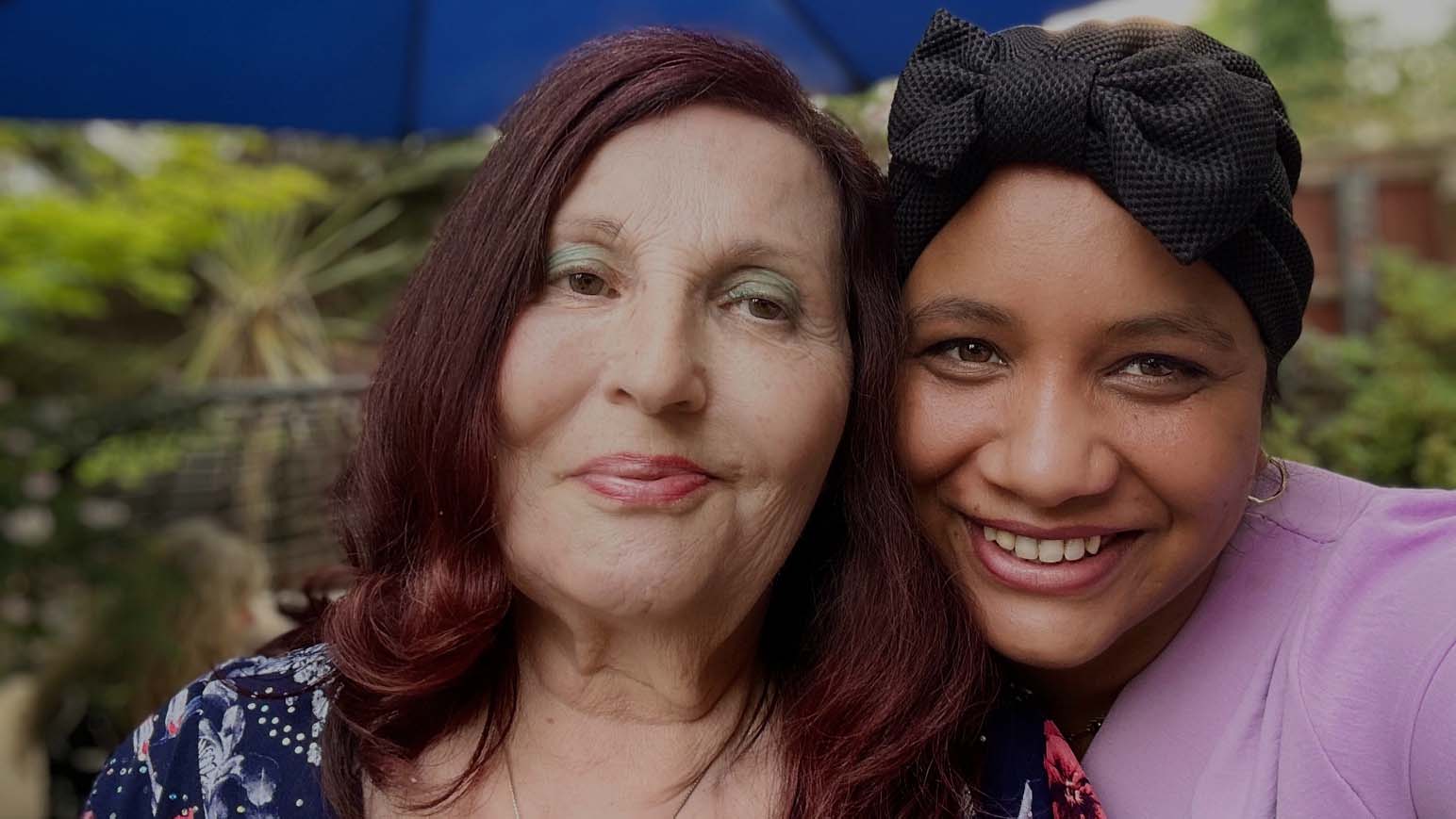
The power of age gap friendships - we share the benefits and how to make them.
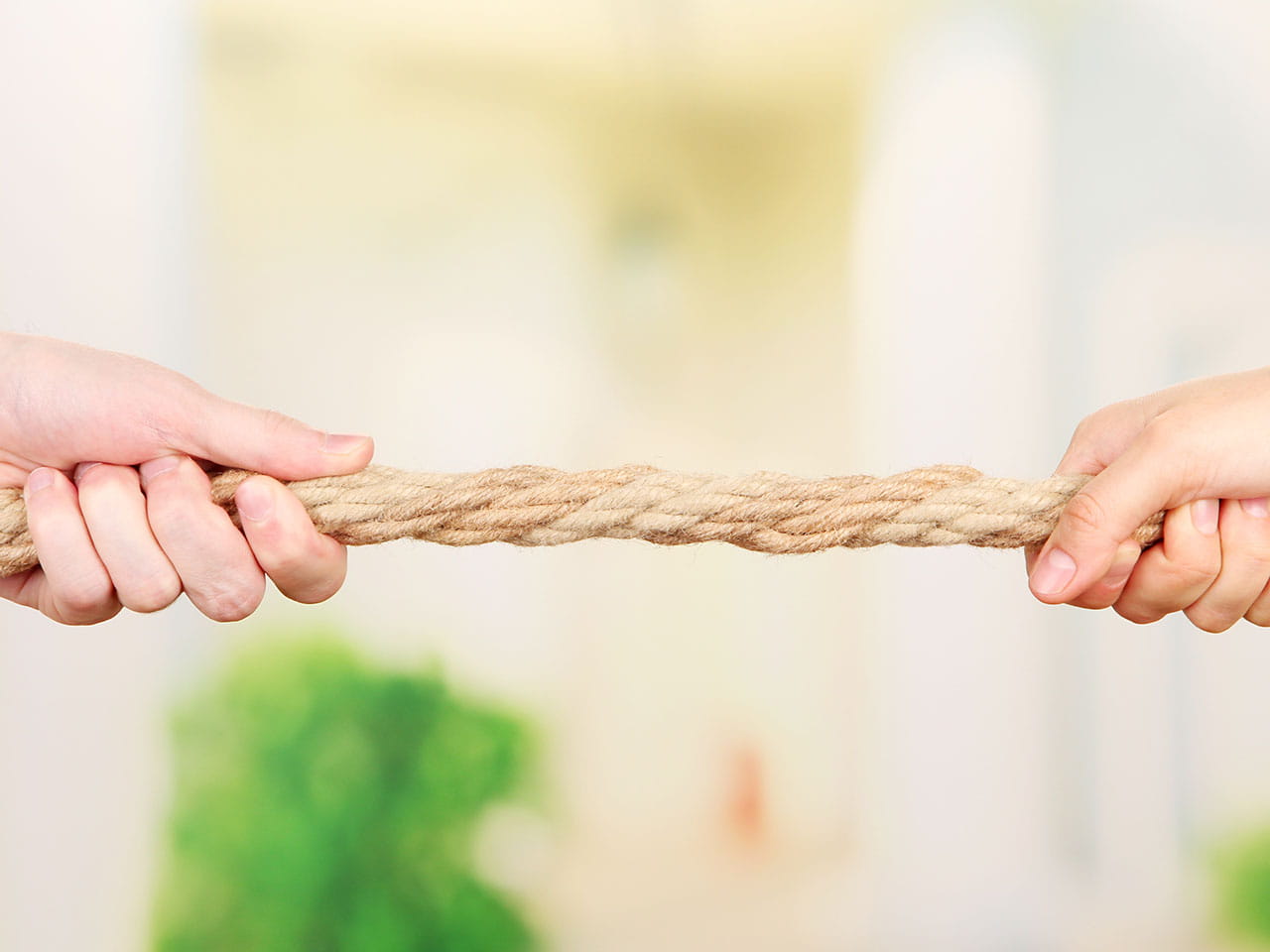
You've found someone new and now you want to take it further, but your grown up children don't approve. Expert tips on how to handle this difficult situation.
.jpg?la=en&h=576&w=823&hash=4516D8557DC47B1E21444166FFB91605)
